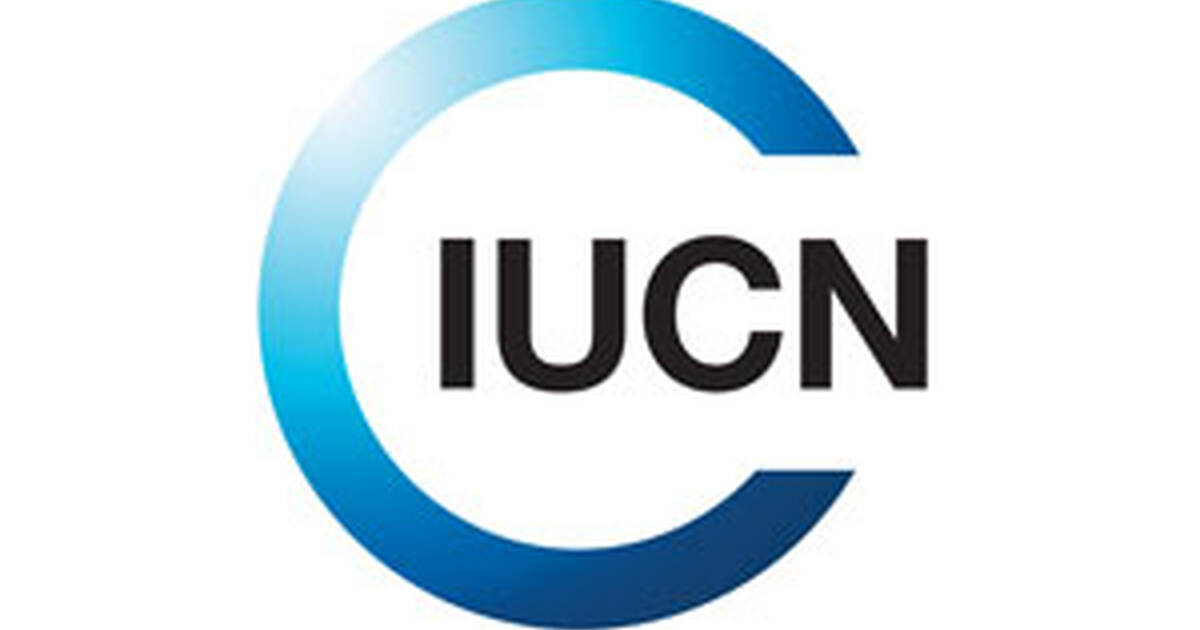Presentation of IUCN
Founded in 1948, the IUCN (International Union for Conservation of Nature) is a global organization dedicated to the conservation of nature and the sustainable use of natural resources. It brings together public, private, and non-governmental actors to promote solutions that enable societies, economies, and nature to thrive together.
Main Missions
- Providing knowledge: Data, assessments, and analyses to guide policies and decision-making.
- Setting standards: Delivering reference tools for conservation and biodiversity.
- Facilitating dialogue: Creating neutral platforms to share expertise and develop global solutions.
- Building capacity: Supporting local conservation actions through grants and concrete projects.
Approach and Projects
The IUCN relies on a rigorous scientific approach for its initiatives. Featured projects include:
- Restoring mangroves through community-led actions worldwide to protect vital ecosystems.
- Reducing plastic pollution, particularly through the Plastic Waste Free Islands project.
- Supporting international policies by providing recommendations at major summits like CBD COP16.
Partnerships and Contributions
The IUCN plays a key role in implementing global environmental funds (GEF, GCF) and benefits from the support of governments, foundations, and private partners to lead large-scale, impactful actions.
With over 1,400 resolutions adopted by its members since its inception, the IUCN has established itself as a central player in global environmental policy.
- Current Events
- Upcoming Events
- Past Events



